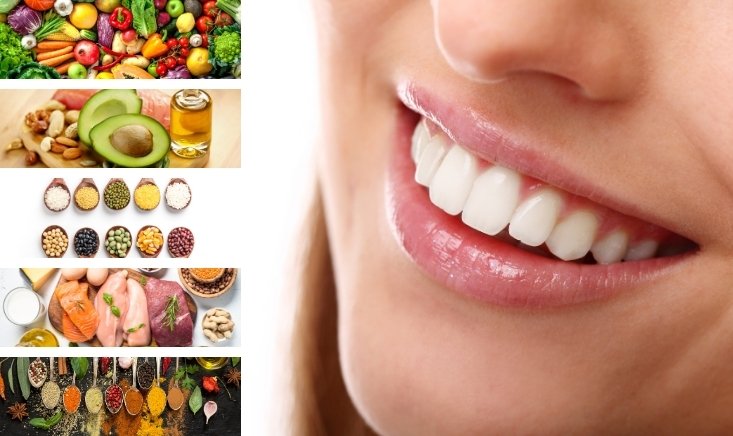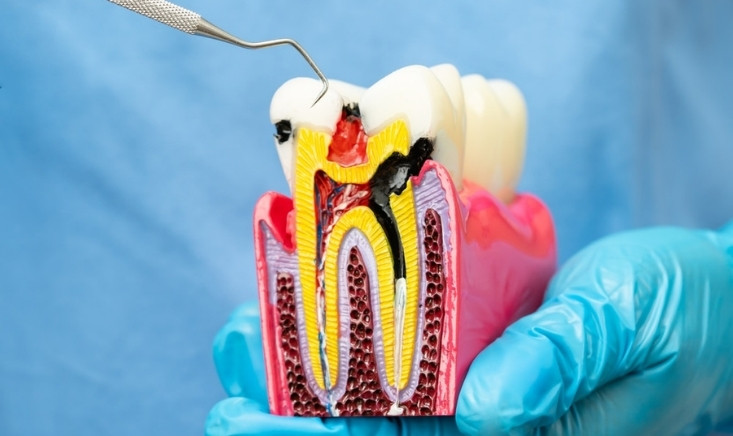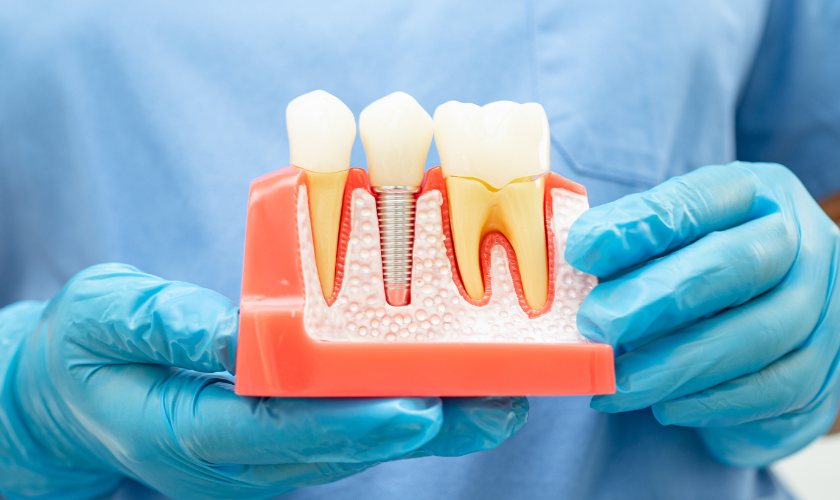Anti-Inflammatory Diet for Dental Health: Foods to Eat Post-Root Canal

A root canal is a dental procedure that removes infected pulp from a tooth. Its main purpose is to save a tooth that is severely decayed or infected. After a root canal, proper care is essential for recovery, and diet plays a crucial role in this process.
An anti-inflammatory diet can help reduce pain and promote healing. This type of diet focuses on foods that lower inflammation in the body. By choosing the right foods, you can support your dental health and enhance recovery after a root canal.
Understanding Inflammation
Inflammation is the body’s natural response to injury or infection. It helps protect the body and promote healing. However, chronic inflammation can lead to various health issues, including pain and delayed recovery. After a root canal, inflammation can affect healing and overall dental health. It may cause discomfort and slow down the tooth’s restoration.
Diet plays a significant role in managing inflammation. Some foods can trigger inflammatory responses, while others can help reduce them. For example, sugary and processed foods may increase inflammation, whereas fruits, vegetables, and healthy fats can help combat it.
Choosing an anti-inflammatory diet, post-root canal can minimize pain and swelling, leading to a quicker recovery. Understanding the relationship between diet and inflammation is key to maintaining good dental health after a procedure.
Benefits of an Anti-Inflammatory Diet
Adopting an anti-inflammatory diet can greatly aid recovery after a root canal. This type of diet includes nutrient-dense foods that can help manage pain and inflammation. By eating the right foods, you can experience several specific benefits.
First, an anti-inflammatory diet can reduce pain and discomfort. Foods rich in antioxidants help fight inflammation and promote healing, supporting the body’s natural ability to recover.
Second, this diet can speed up healing. Nutrients found in anti-inflammatory foods enhance the body’s healing processes. Vitamins C and E, along with omega-3 fatty acids, play essential roles in tissue repair and immune function.
Lastly, an anti-inflammatory diet can help prevent further complications. By keeping inflammation in check, you reduce the risk of infections and other dental issues. Maintaining a healthy diet supports your immune system and promotes overall wellness.
In summary, an anti-inflammatory diet can improve your recovery experience after a root canal, making it easier to return to your normal routine.
Key Anti-Inflammatory Foods
Fruits and Vegetables
Fruits and vegetables are vital for an anti-inflammatory diet. Berries, such as blueberries and strawberries, are rich in antioxidants. Oranges and cherries are also excellent choices. Leafy greens like spinach and kale provide essential vitamins. Broccoli is another powerful vegetable that combats inflammation.
To incorporate these foods, add them to smoothies, salads, or stir-fries. Aim for colorful meals to maximize nutrient intake.
Healthy Fats
Healthy fats are crucial for reducing inflammation. Sources include olive oil, avocados, and nuts. Olive oil contains oleocanthal, which has anti-inflammatory properties. Avocados are packed with healthy monounsaturated fats, and nuts provide essential omega-3 fatty acids.
Incorporate these fats into your meals by drizzling olive oil over salads or adding sliced avocados to sandwiches.
Whole Grains
Whole grains provide fiber and essential nutrients. Quinoa and brown rice are excellent recovery choices. They help maintain stable blood sugar levels and provide lasting energy. Choose whole grains over refined grains to maximize their health benefits.
Protein Sources
Quality protein sources support tissue repair and recovery. Fatty fish like salmon and mackerel are rich in omega-3 fatty acids, which help reduce inflammation. Legumes, such as lentils and chickpeas, provide plant-based protein and fiber. Poultry like chicken and turkey are lean options that also support recovery.
Herbs and Spices
Incorporating herbs and spices into your meals can enhance flavor and provide health benefits. Turmeric is known for its powerful anti-inflammatory properties, and ginger also helps reduce inflammation and nausea. Use these spices in soups, teas, and stir-fries to boost your meals.
Foods to Avoid Post-Root Canal
Certain foods can increase inflammation and hinder recovery after a root canal. Sugary snacks and drinks, such as candy and soda, can spike blood sugar levels and promote inflammation.
Processed foods, including fast food and packaged snacks, often contain unhealthy fats and additives that can worsen inflammation. Trans fats, commonly found in fried and baked goods, can also increase inflammation.
Avoiding these foods is crucial for a smooth recovery. They can lead to increased pain and discomfort. Instead, focus on whole, nutrient-dense foods that support healing. Prioritizing your diet can help prevent complications and ensure a better outcome.
Tips for Maintaining an Anti-Inflammatory Diet
Adopting an anti-inflammatory diet can be simple, with a few practical tips. Start by planning your meals for the week. Meal prep helps ensure you have healthy options readily available. Prepare batches of soups, stews, or grain salads that are easy to grab when you are hungry.
Practice mindful eating by paying attention to what you eat. Chew slowly and savor each bite to enhance digestion and enjoyment. This approach can help you recognize hunger and fullness cues, making it easier to maintain a balanced diet.
Stay hydrated by drinking plenty of water throughout the day. Herbal teas can also provide anti-inflammatory benefits. Aim for at least eight glasses of water daily to support your overall health and recovery.
Lastly, keep a food journal to track your meals and how they make you feel. This practice can help you identify foods that work best for your body and enhance your recovery process.
In conclusion, following an anti-inflammatory diet is essential for dental health after a root canal. This approach helps reduce inflammation and supports healing. By choosing the right foods and avoiding those that trigger inflammation, you can promote recovery and maintain good dental health. Take charge of your nutrition, and be proactive in your dental care for optimal results. Your body will thank you for it!



